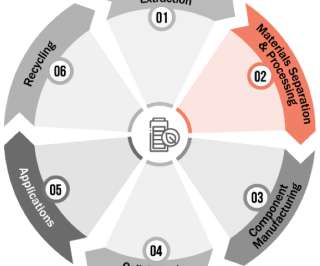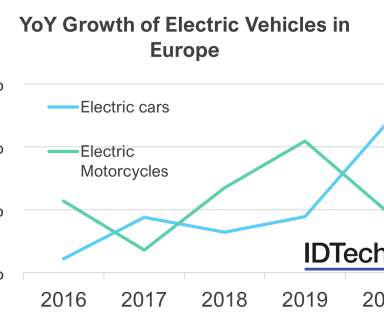Tokyo Tech team develops low-cost germanium-free solid electrolyte for Li-ion batteries
Green Car Congress
JULY 14, 2017
Researchers at Tokyo Institute of Technology have devised a low-cost, scalable approach to developing all-solid-state batteries, improving prospects for scaling up the technology for widespread use in electric vehicles, communications and other industrial applications. S 12 (Li 3.45 [Sn 0.09 Si 1.08 ]P 1.65 Si 0.36 ]P 0.55





























Let's personalize your content